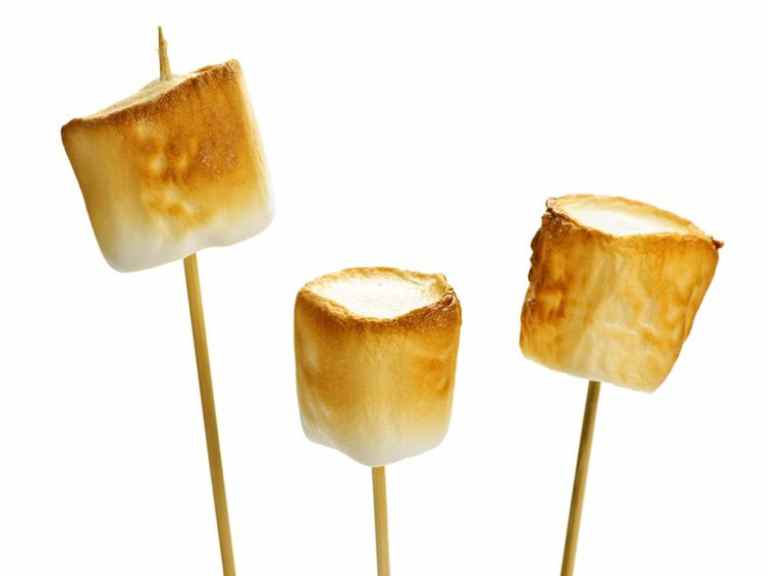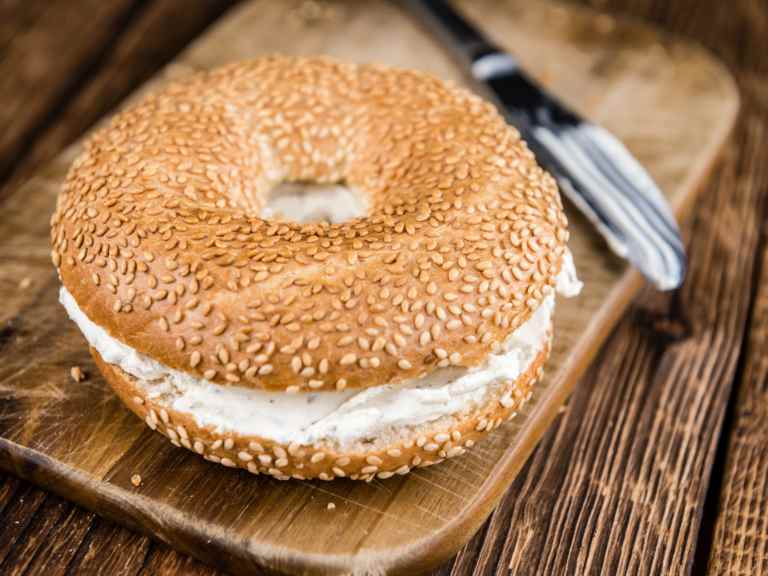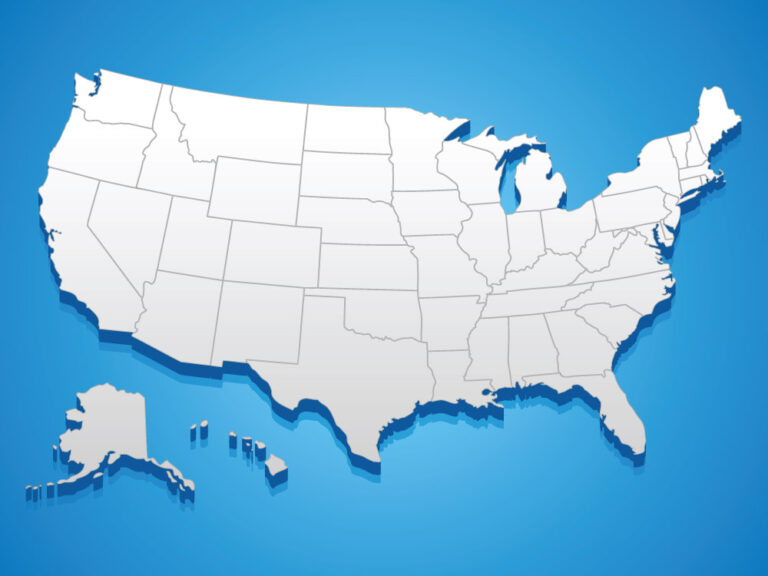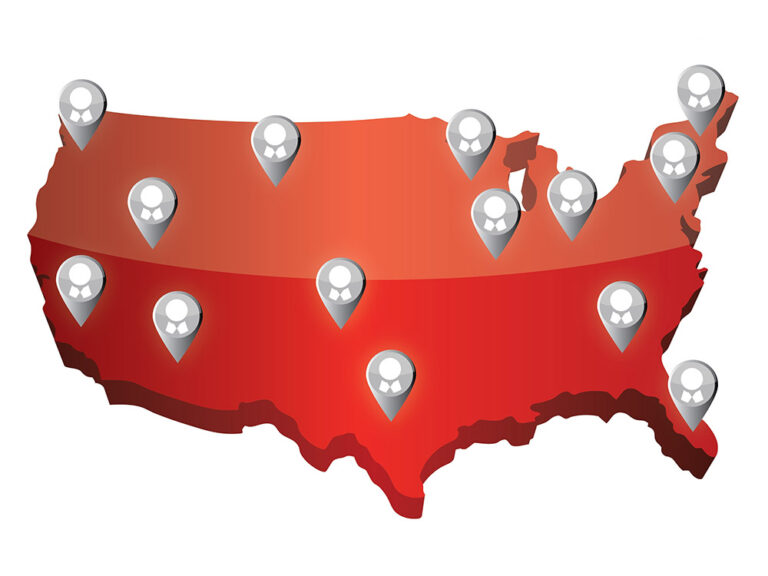All across the U.S., states have been making changes to tax code in an effort to bring in more revenue. This has led to some very strange taxes and exemptions being put into place, as well as weird rulings from the Tax Court.
First up, these 10 examples of the weirdest sales tax laws can give consumers and retailers an unpleasant surprise, and some can affect ecommerce retailers:
1. The Sparkler Tax

The Sparkler Tax: In West Virginia, celebrating Independence Day might cost a little more than in most states. Any retailers who sell sparklers and novelties must pay sales tax on incendiary items. The list of taxable items including sparklers, party poppers, and any party device that contains pyrotechnics. Keep in mind that fireworks are not covered since they are illegal in this state!
2. Indiana Food Taxes

Indiana Food Taxes: “Prepared foods” are taxed in many states and what constitutes “prepared” can be cause for argument. However, Indiana has a very complicated food code, which taxes marshmallows and cake decorations but leaves canned marshmallow crème and frosting in containers exempt.
3. Maine Wild Blueberry Tax

Maine Wild Blueberry Tax: Maine is famous for its wild blueberries but these delicacies will cost consumers extra. The Blueberry Tax charges pickers and processors 3/4 of a cent per pound, on top of any other regular taxes. Additionally, anyone caught picking, transporting or selling “bootlegged” blueberries may be subject to jail time, thanks to this law!
4. Gluten Free Candy Tax

Gluten free candy tax? Candy made without flour in Washington State (and several other states) is taxed. That’s because the definition of candy, which is normally taxed, doesn’t contain flour – and so only candy made without flour is taxed, a real bummer for those with gluten intolerance!
5. Liquor Filled Candy Tax

Liquor Filled Candy Tax: Candy also takes a hit in Colorado, where liquor filled candy is not considered food under several federal food programs and therefore, not exempt from sales tax like other foods in this state.
6. The Napkin Tax

The Napkin Tax: Colorado’s tax code for food containers can get pretty messy. Disposable hot or cold cups, utensils and plates are not taxed, but lids, straws and napkins are subject to a tax on “non essential food packaging” items.
7. Playing Card Tax

Playing Card Tax: Bad news for poker players: Alabama collects tax on playing cards that are 54 items or less. However, this does not affect large UNO playing card decks so maybe it’s time to switch games!
8. Wagering Tax

Wagering Tax: According to CNN, Pennsylvania, West Virginia, Illinois and Oklahoma are a group of states that levy taxes on wagering (also known as betting). This may make the already complex tax code for online gaming even more complicated.
9. Vegan Edible Gummy Cup Tax

Vegan Edible Gummy Cup Tax: These cups allow consumers to drink a beverage and then eat their cup. It hardly seems fair that cups that double as food should be taxed in a state that does not tax food, but New York has deemed this eco-friendly product to be taxable.
10. The Bagel Tax

The Bagel Tax: New York is also famous for its bagels and wields some pretty complicated tax laws regarding this bakery novelty, depending on how consumers like it served. No kidding – whole, uncut bagels to go are tax-exempt but when they are eaten at a shop, they will incur sales tax if your bagel is sliced, with or without cream cheese. Consumers pay about 8-9 cents more for the luxury of eating it fresh. Who knew?
Bonus: 5 More Weird Sales Tax Exemptions and Rulings
Tax code across the U.S. is becoming strange and the both state and federal tax courts find themselves having to make judgments on never-before-seen deductions. Here are just a few rulings and exemptions:
- The Atmosphere is Tax Free: Pennsylvania courts ruled that air is not taxable. Air-Serv provides air vending machines at gas stations and the state tax bureau rules that since the air is culled from the environment for free, no sales tax should be levied. Great news, but it throws the entire plot of “The Lorax” out the window.
- The Over 100 Tax Exemption: Good news! In New Mexico people over 100 are tax-exempt. Expect retirees to start flocking to this state when life expectancy gets a little longer…
- The Exceptional Tree Income Deduction: Homeowners love curb appeal, but residents in Hawaii get to write off up to $3000 a year to maintain trees on their property.
- Cat Lovers Tax Deductions: A couple that fed wild cats was allowed to write off the cat food costs, since the animals helped clear their junkyard of snakes and rats. The IRS ruled the cost deductible! The Tax Court also ruled that another woman was allowed to claim a charitable deduction for the feral cats she fostered – for a wild cat neutering charity.
- Body Oil Deduction: The Tax Court allowed a professional weight lifting competitor to deduct body oil used to make his body “glisten” for competitions as a business expense. He was not, however, allowed to write off vitamin supplements.
Crazy taxes, unheard of cases, and confusing exemptions are just some of the consequences of the constantly changing tax code across the U.S. as states scramble for more revenue.






